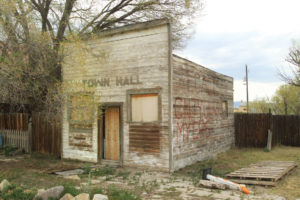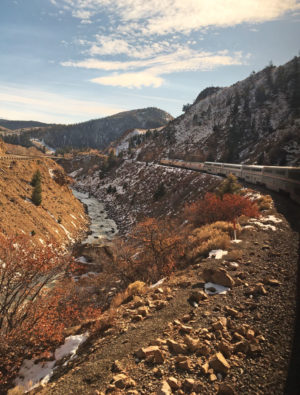By John Mattingly
The word trump came into common usage in the early 1500s as a derivative of triumph and trompe, Germanic and Old French respectively. Use of the word trump peaked in the late 19th and early 20th centuries, slumping in the mid-to-late 20th century, and finally enjoying a usage boost starting in the early 21st century, primarily as a proper name.
In the last five years, the word trump has seen an exponential explosion of usage in all languages, and may even be used to describe a cultural era of political surprises. “Truth used to be easier, before the age of trumps.”
Trump is a versatile word, living both as a noun and a verb, and as an adjective and an adverb, available in all the usual tenses and subject to suffixing, compounding, spoonerisms, and apropisms: trumps, trumper, trumped, trumping, trumpled, trumpery, trumpish, trumpiated, trumpoon, trumporee, trumpistic, trumply, trumpette, trumpelstiltskin, trumpene, trumpeze, trumpical, trumpanze, trumpagon, trumpiation, trumpic, trumpalary, trumpalicious, trumponius, trumperennial, trumpilemma, trumpogus, trumpeon, trumpiphobe, trumpiphile, trumperous, trumpolene, trumpism, trumpling, trumpite, and the perennial trump derivative: trumpifferous, referring to iron rich blood.
Definitions of the word trump also vary widely. In the game of bridge, the trump card is of the suit-setter. In acts of strategy, trump is to beat, or best an opponent. “The voters played their trump card: truth.” “According to some logic, if the fetus is alive, that trumps the freedom of the mother.”
Trump is also a word indicating false invention: “Charges were trumped up against the poor woman for killing her husband with a skillet.” Or, “The whole sordid affair boiled down to a trumped-up gossip-driven smear campaign.”
Not to be left out, trump is shorthand for the blast of a trumpet. “The trumpeteer, still unfamiliar with the instrument, blurted out a hideous, accidental trump that sent the soldiers to a quick and brutal death.”
An archaic definition allows that a trump is a diminished but helpful or generous person, derivative of the helpful and jolly tramp. “The wizened old trump lived in a shack and shared his gatherings from the wastes and wilds of the city with the many children of the streets.” Or, “After the office visit, and the second opinion that became a first opinion, Donaldina realized the first doctor to be nothing less than a trump.”
The word can also refer to doing better than expected. “Donald came up trumps again, finishing second in the race.” Or, “Donny’s father was never around, but Drumpfs came up trumps for him; made him a man of immodest gains.”
Most common usage, in current times, for the word trump is: a surprise act, assertion, resource, or artifact, that can be sprung on an opponent to gain an advantage. “The lies he told were outrageous enough to trump the truth.” Or, “The power of holding people’s attention trumps the power of both science and religion.”
Setting aside what we already know about trump: the word, imagine a person named after the word trump. It could be a benefit and/or a burden to live up to the name, especially knowing that an ancestor legally changed your family name from Drumpf to Trump.
The burden of knowing that someone in your past decided to replace a D with a T and drop the f to make your given name Trump, appears to have encouraged successive generations to ABT: Always Be Trumping to avoid any possibility of the T being dropped from the family name. One can see how this probably set them up to be trumping their way into one surprise after another to protect that precious T.
It would be exculpatory to know something – anything, really – about Mr. Drumpf’s mental processes when he changed the family name, a name that may well have been proudly held by many hundreds of prior generations. Rather suddenly, Drumpfs became Trumps, and a few generations later, a Trump came up trumps at the big election. Yet, without knowing what the Drumpfs had in mind with the name change, the proximity of Trump and rump remains too close to call.
John Mattingly cultivates prose, among other things, and was most recently seen near Moffat.


